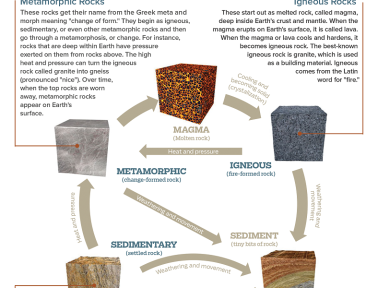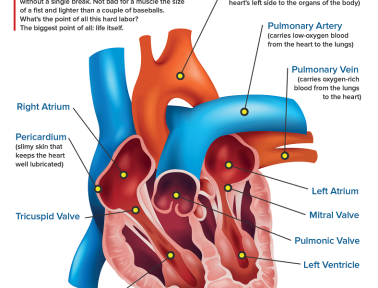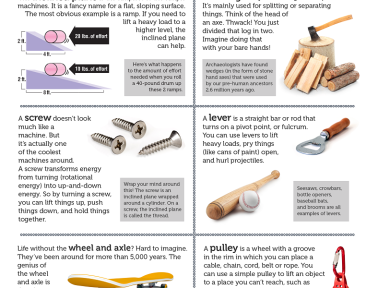The following is an excerpt from Parenting with Positive Guidance:
Consider these two words: Discipline and Punishment.
I’m not trying to argue over semantics here, but I would like to offer a change in perspective. To many people, the two words above carry the same meaning. But let’s think about that here.
Punishment is something that happens to someone. Discipline is something found in someone.
It’s a quality. Something that has been fostered and developed. When a person has discipline they have the inner fortitude to make right choices, to do what needs to be done.
Children aren’t born with this discipline. They aren’t born knowing they shouldn’t take toys away form other kids, color on the walls, or flail in the middle of the aisles of the grocery store when we say we won’t be buying the Super Crunchy Sugar Bombs.
As young children they have a limited – but growing – amount of impulse control and a thin slice of social grace.
But they are growing and developing, and they can learn. Consider a new baby whose arms flail wildly until, over time, the baby develops enough control to generate purposeful movements. Similarly, it takes time for preschoolers to develop the ability to move from acting on wild impulses to making controlled, thoughtful choices.
As I mentioned before, self-control and discipline are learned behaviors. As with any learned skill, there will be mistakes along the way and some steep learning curves. It’s our job to help and teach along the way. When a child struggles to learn to ride a bike, we take some extra time to clarify the process and coach her through.
We teach social skills in the same way: give extra support and extra practice, clarifying and coaching until that skill becomes second-nature.
Whether it’s riding a bike or making friends, mastering new skills takes time and multiple failed attempts before a child meets with success. When we remember that young children are learning and growing, and that there is a developmental aspect to their behavior (not just spite), it makes it easier to step back and keep the proper perspective. Perceived patience is actually a byproduct of increased understanding and appropriate expectations.
When a person says a child “needs to be disciplined” they are referring to the fact that the child appears to lack that inner discipline. But you can’t force that on a child in one instance. And so the meaning of that phrase seems to evolve into a more actionable meaning, “that child needs to be punished“.
Punishment is an easy reaction. It doesn’t require much thought. Its aim is merely to make an experience unpleasant. As a childcare center director shared with me in a discussion, “Punishment hurts. Whether it’s physically or emotionally, the intention of punishment is to hurt the child.” She recognized that this approach does little to instill real discipline.
A young child often sees little or no connection between their action and an adult’s hurtful reaction. The relationship between the action and the punishment becomes convoluted and distorted. Discipline comes from an understanding of choices and consequences, not force, punishment, and pain.
Let your focus be on guiding your children to develop actual discipline. This is not the fleeting good behavior that can be bought and bribed; this takes work. It requires effort, and time, and being present to guide a child to learn from his mistakes and not simply be punished for them.When the focus is on punishment as a reaction to improper behavior, we are only teaching the child not to “get caught” being “bad“.
When we choose proactive discipline, we teach moral decision-making. Instead of trying to control our children, we teach them to control themselves. Rather than governing out of anger, we guide out of love.
That doesn’t mean we don’t feel anger. Parents are humans after all, and we tend to feel anger when an entire pitcher of orange juice comes splattering down to the floor during a tantrum. But when we react out of anger – shouting, spanking, throwing adult-sized tantrums ourselves – the teachable moment for creating real discipline is lost.
Read more in Parenting with Positive Guidance.
Top photo by Howie Le.
<!–
–>










